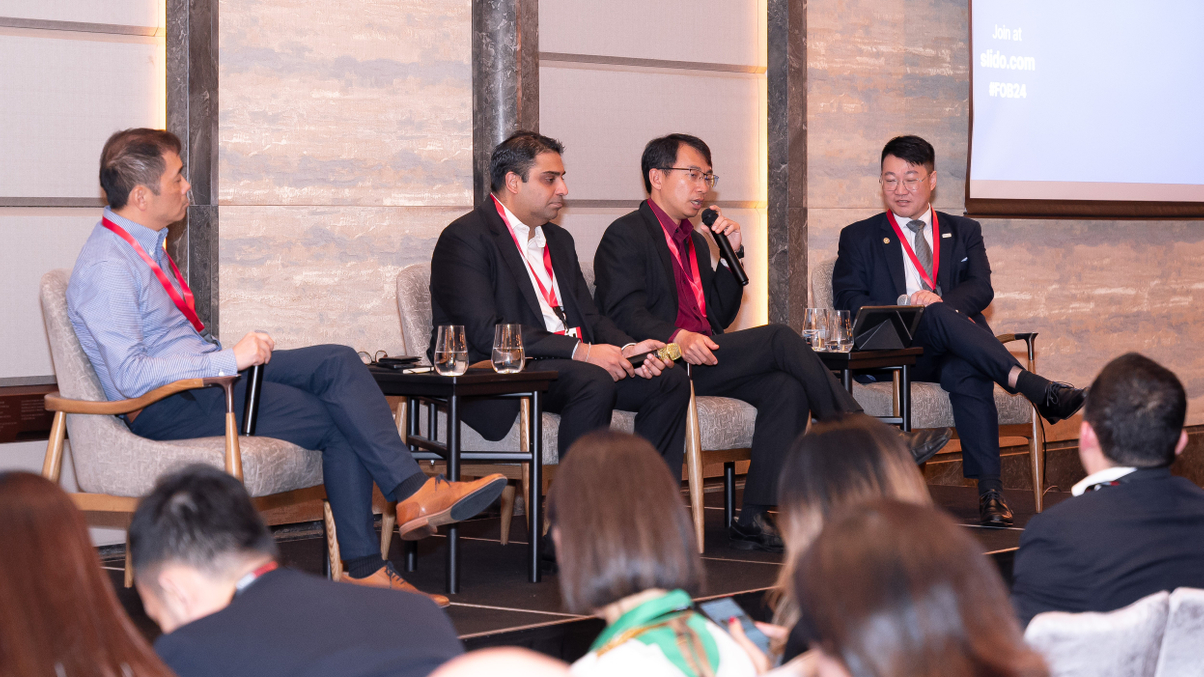Why family offices need to be realistic about impact investing
In the quest for sustainability, some family offices believe lines should be drawn between doing good deeds and ensuring strong returns.

Sign in to read on!
Registered users get 2 free articles in 30 days.
Subscribers have full unlimited access to AsianInvestor
Not signed up? New users get 2 free articles per month, plus a 7-day unlimited free trial.
¬ Haymarket Media Limited. All rights reserved.


